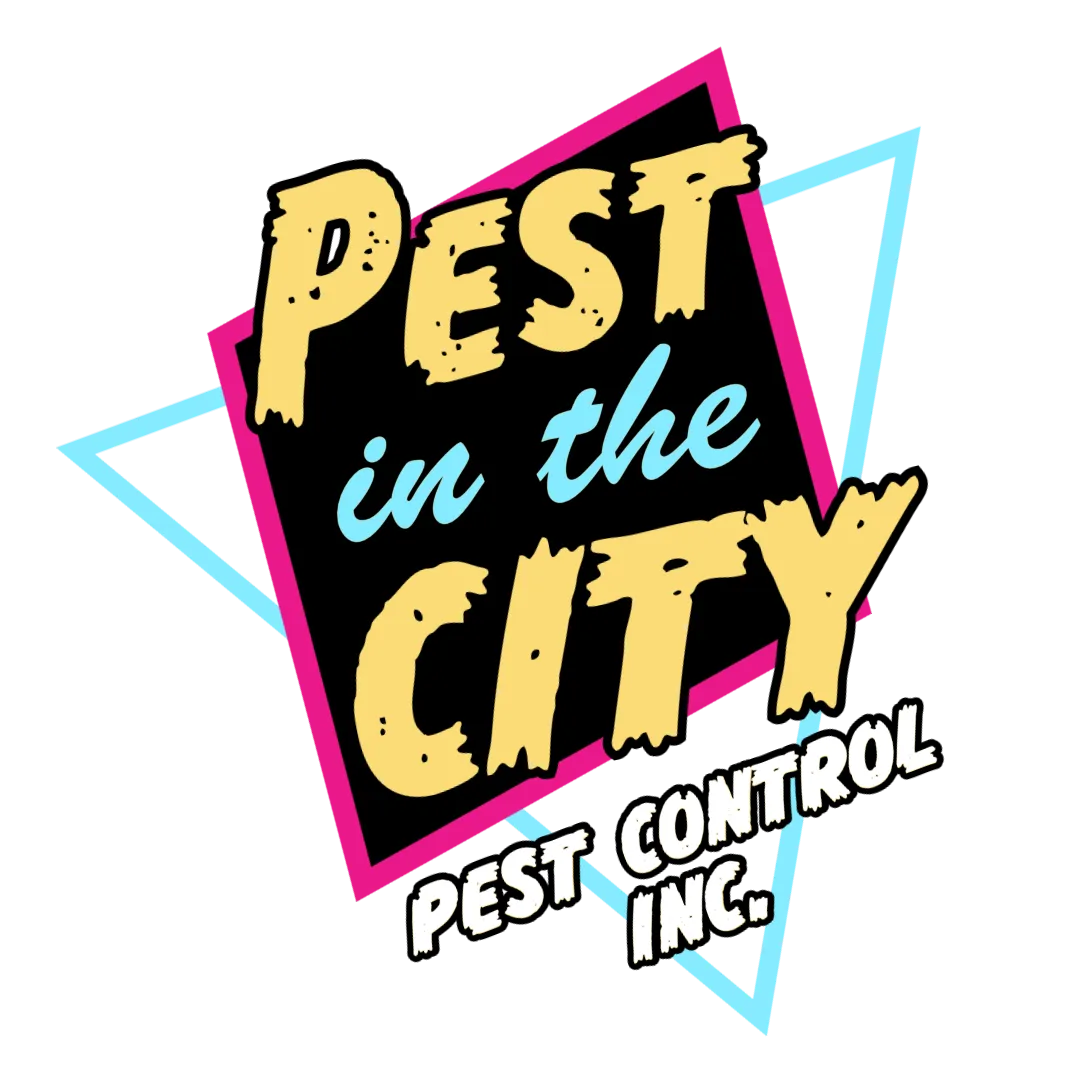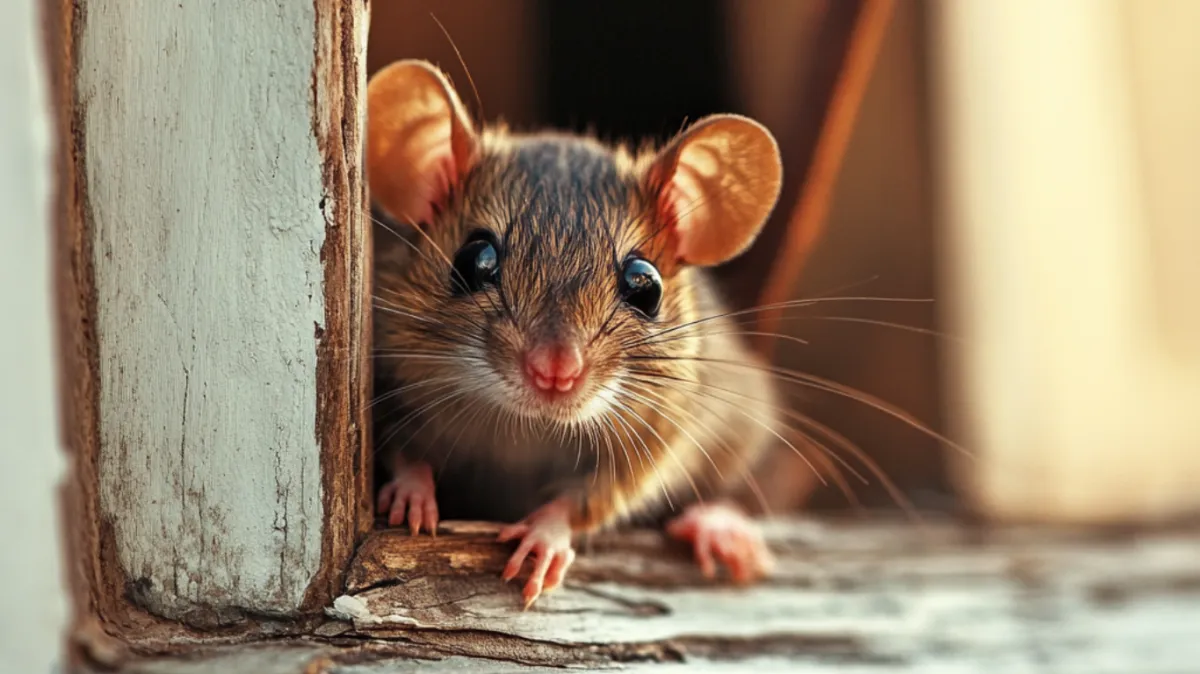
The Cobble Hill Pest Journal
The Cobble Hill Pest Control Journal

New Year's Resolution: A Healthier, Pest-Free Home
Why Focus on Pest Control?
Ignoring pest management can lead to severe repercussions, including structural damage from termites and health issues from allergens carried by pests like roaches and rodents. Adopting a proactive approach to pest control ensures that these problems are handled before they escalate, ultimately preserving your peace of mind and reducing unexpected expenses.
Monthly Pest Management Tips
Here are targeted pest prevention strategies tailored for each month:
January: Start the year right by sealing gaps around windows, doors, and the foundation to prevent pests from entering.
February: Manage indoor humidity levels by fixing leaks and ensuring proper ventilation, creating an unfavorable environment for moisture-loving pests.
March: Engage in early spring cleaning to reduce clutter. Minimizing clutter decreases potential hiding spots for pests.
April: With the onset of warmer weather, it's wise to schedule a professional termite inspection to prevent potential infestations in prone areas.
May: As temperatures rise, implement mosquito control measures. Eliminate standing water around your property and consider professional perimeter treatments to keep mosquitoes at bay.
June: Spend time inspecting decks and outdoor living spaces for signs of pest activity, especially as outdoor activity increases.
July: Maintain your yard diligently; regularly cut grass and trim bushes to minimize areas where pests can harbor.
August: Check window and door screens for holes and damage, and repair them to prevent flying insects from entering your home.
September: Stay vigilant for signs of rodent activity, particularly as the weather begins to cool. Ensure that attics and basements are well-secured against rodents seeking shelter.
October: Give your kitchen a thorough cleaning to remove food debris and residues that attract pests during the busy holiday season.
November: Before the winter sets in, enhance your home's insulation and fill any new cracks or gaps to keep the cold out and pests away.
December: After the holidays, properly clean and store decorations in sealed containers to prevent pests from nesting and to facilitate easier setup next year.
Keeping Holiday Festivities Pest-Free
Here’s how to enjoy the festivities without the worry of pests:
Inspect Seasonal Decorations: Before decking the halls, carefully inspect all holiday decorations for signs of pest infestations. Pay special attention to items that have been stored in garages, basements, or attics, as these are common places for pests to hide. Look for signs like gnaw marks, droppings, or insect eggs.
Smart Storage Solutions: Once the holiday season is over, take the time to clean all decorations thoroughly. Store them in sturdy, sealed containers instead of cardboard boxes, which can be easily penetrated by pests. Plastic containers with tight-fitting lids offer the best protection against pests. Ensure that decorations are dry and free of food residue to further discourage pest interest. Store these containers off the ground and away from walls to reduce the risk of pest access.
Health Benefits of a Pest-Free Home
Here are key health benefits associated with keeping common household pests at bay:
Disease Prevention: Many pests, such as rodents, cockroaches, and mosquitoes, are carriers of diseases that can be transmitted to humans. By controlling these pests, you reduce the risk of diseases such as hantavirus, salmonella, and dengue fever.
Allergy and Asthma Relief: Pests like cockroaches and dust mites are known allergens that can trigger asthma attacks and allergic reactions. A pest-free home minimizes these triggers, helping to maintain a healthier indoor environment.
Improved Air Quality: Pest infestations often lead to increased amounts of decomposing waste and pest-related debris, which can contaminate the air in your home. By eliminating pests, you help ensure cleaner indoor air.
Reduced Stress and Anxiety: The presence of pests can cause significant stress and anxiety for many people. Knowing your home is pest-free can provide peace of mind and contribute to a calmer, more comfortable living environment.
Better Sleep: With pests out of the picture, you eliminate the disturbances and worries that can interfere with a good night’s sleep, such as the sounds of rodents moving in walls or the irritation of insect bites.
Enlisting Professional Help
Here’s why professional intervention is crucial for maintaining a pest-free environment:
Expert Inspections: Pest control professionals are trained to conduct detailed inspections, identifying not only existing infestations but also potential risk areas that might not be evident to the untrained eye. Their expertise allows them to detect subtle signs of pest activity early on.
Effective Treatments: Professionals have access to a range of advanced treatment options that are more effective than over-the-counter solutions. These include targeted treatments for specific pests and environmentally friendly options that are safe for both your family and pets.
Preventive Strategies: Beyond addressing current pest issues, pest control experts can implement preventive measures to ward off future infestations. This might involve sealing entry points, advising on proper sanitation practices, or scheduling regular follow-up visits to ensure your home remains pest-free.
Long-term Solutions: With professional pest control, you receive not just a temporary fix but a long-term strategy to keep your home protected year-round. This is particularly important for recurring issues or in areas prone to specific pest problems.
For more tips on keeping your home safe and serene or to schedule a service, visit our website [https://pestinthecity.com/]. Let's make 2025 a year of health, comfort, and peace of mind!

Schedule a Pest Inspection
Ready to schedule a pest inspection? Contact us today.

